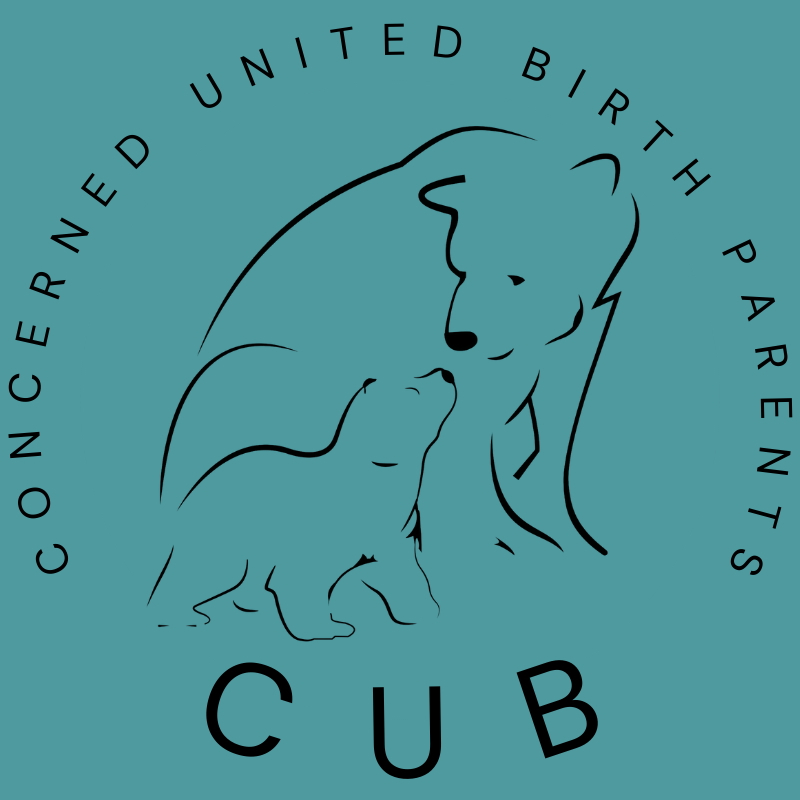The Feminist Dilemma: How Women Can Support Mothers of Adoption Loss Without Contributing to Inequality
Feminists have a critical role to play in supporting mothers who have lost infants to closed adoption. We know a lot more today than we did back then about the long-term effects of secrecy, shame and the harm caused to both women and infants when they are separated. Today’s feminists don’t have to support discriminatory policy against adult adoptees to support us, mothers who lost them to adoption.
We need to recognize the poignant intersectionality that exists between the women's rights movement and the adoptee rights movement. Both marginalized populations have been victims of deep epistemic injustices rooted in many of America’s institutions but particularly in the adoption system. By listening to women's voices, acknowledging the harm caused, and providing support, we can work towards redressing the legacy of past adoption practices and promoting both equality and women's agency and autonomy. The women's rights movement, 175 years old today, is about redefining the concept of personal freedom for women and achieving equal opportunities and rights. The adoptee rights movement, about 50 years old, is about the same thing. A policy that restores equality to adult adoptees gives both populations their autonomy back.
One of the most important ways to support mothers of adoption loss today is to approach conversations with us with compassionate intent to hear the truth. We need empathy and a willingness to listen to our experiences because we are marginalized voices within the institution of adoption in the same way adoptees are. Recognize that we are proud to stand in solidarity with adoptees on the issue of restoring their unrestricted rights to access their original birth certificates. Most importantly, feminists can support us today by challenging narratives that pit mothers of adoption loss against adoptees.
States like New York, Connecticut, and Massachusetts have all engaged us in their legislative processes to understand exactly what it is we want instead of just assuming we want to remain anonymous because that’s what opponents of adoptee equality are telling them. We are supported when feminists recognize the whole “confidentiality, privacy, anonymity” argument for what it is to us: an attempt to keep us silent—and a tactic to delay justice.
Other ways to support mothers of adoption loss today include:
Recognition and Validation: Advocate for the recognition and validation of mothers of adoption loss' experiences within society and the adoption community. Validate our stories and struggles as part of the broader adoption narrative which is often co-opted by agencies and others who have benefitted from the separation of us from our infants.
Support Networks: Establish support networks or groups specifically for mothers of adoption loss in our 60's and 70's. These forums can provide a safe space for sharing experiences, offering emotional support, and building connections with others who have had similar losses.
Historical Recognition: Advocate for the acknowledgement of mothers of adoption loss’ stories and experiences within the history of adoption, ensuring that our voices are not erased or forgotten.
Addressing Stigma: Challenge any lingering stigma around mothers of adoption loss and adoption, and work towards creating a more inclusive and empathetic society.
Advocacy for Rights: Support efforts to reform outdated adoption laws that may impede mothers and adoptees’ access to information or hinder reunification efforts with each other.
Ultimately, restoring women’s agency and autonomy requires a commitment to social justice and equity, recognizing and challenging the systemic injustices that have contributed to the trauma of past adoption practices in America. We implore today’s feminists to respect mothers of adoption loss and adoptees as marginalized knowers of the institution of adoption and support themin restoring adoptees’ unrestricted rights to their original birth certificates.
International Redress For Forced Adoptions
Forced adoption was a common practice happening globally during the 1940’s through the mid-1970’s. Every major religion and every western government viewed young, pregnant and unwed women as a social problem that needed to be fixed. Few have recognized the systemic injustice of their complicity in their forced adoption practices and have apologized; Australia set the global bar high with the first ever apology issued by its female Prime Minister in 2013. We’ve compiled all the notable redress and apology efforts we know about below. We remain hopeful we’ll see some effort from a government or religious entity in the United States in our lifetime.







